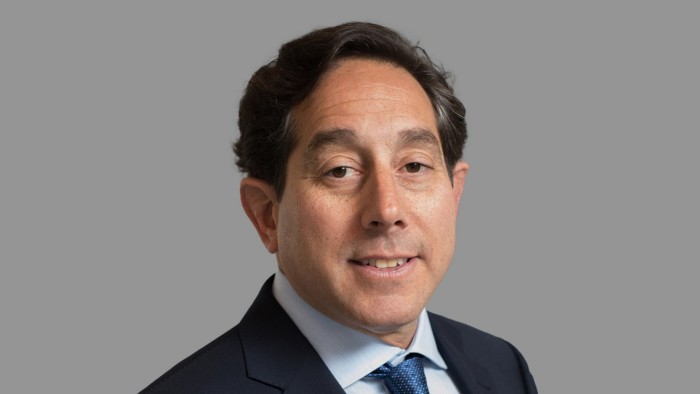Stay informed with free updates
Simply sign up to the Japanese business & finance myFT Digest — delivered directly to your inbox.
Warren Lichtenstein, the US financier who rocked Tokyo’s stock market in the mid-2000s with a spree of hostile takeover attempts, is considering a return to investing in Japan after an absence of more than a decade.
His potential return would underscore the big changes in recent years in Japan’s corporate landscape, where shareholder activism has become mainstream and companies are under mounting pressure to take unsolicited takeover bids seriously.
Lichtenstein, who founded the hedge fund Steel Partners in 1990 and has since grown it into a diversified investment group, has been considering the move for more than a year and made several visits to Tokyo as part of his deliberations, according to five people familiar with the situation.
It comes amid a wave of shareholder activism in the country that has emboldened funds including ValueAct and Elliott Management to challenge some of Japan’s largest companies.
Canadian retailer Couche-Tard is also attempting an unsolicited takeover of Seven & i, the owner of 7-Eleven. If successful, it would be the biggest foreign acquisition of a Japanese company.
“Japan is very, very attractive for a certain type of investor now because a lot of the things Steel identified 20 years ago — undervalued companies with a lot of hidden assets and a resistance to change — are now becoming a lot more straightforward to unlock,” said the manager of an activist fund heavily invested in Japan.
“I wonder if he [Lichtenstein] is looking at what is happening in Japan now and feeling a little FOMO [fear of missing out].”
When approached by the Financial Times in the lobby of the Peninsula hotel in Tokyo during his most recent visit in November, Lichtenstein denied he had established any Japan-facing fund but declined to comment on whether he was studying a comeback in the Japanese market.
Steel Partners declined to comment on Lichtenstein mulling a return to investing in Japanese companies.
But a spokesperson said Lichtenstein had recently travelled to Japan with baseball legend Bobby Valentine to explore opportunities for the global expansion of Steel Sports, which focuses on developing youth sports and coaching.
“I’m excited by the potential for Steel Sports’ youth programs to inspire kids and young adults across Japan,” Lichtenstein said in an emailed comment.
Lichtenstein and Steel Partners became renowned in Japan for attempts to unlock value at a string of companies, sparking a backlash from a business and investment establishment that was then much more resistant to activist foreign funds.
At the height of his activities in Japan — which included the failed 2007 hostile takeover attempt of condiment maker Bull-Dog Sauce — hundreds of companies adopted poison-pill strategies in case they should become a target.
Lichtenstein’s other targets included brewer Sapporo; one of the world’s foremost producers of circular saws; and Aderans, Japan’s biggest maker of wigs.
Although Lichtenstein was able to make significant profits in Japan, he had largely withdrawn as an investor by 2010.
Three senior M&A bankers who worked directly on situations that involved Lichtenstein in the past said he would stand a far greater chance of success in Japan today.
The country introduced its first corporate governance code in 2015, raising pressure on companies to become more responsive to shareholders. The government has been doing more to encourage dealmaking and has set targets to improve the functioning of company boards.
Changes to takeover guidelines in 2023 have made it significantly easier for domestic and foreign companies to mount unsolicited bids.
About 16 per cent of companies in the Prime section of the Tokyo Stock Exchange now have boards with a majority of independent directors, making it more likely that those companies will properly examine serious takeover bids, even if unsolicited.



